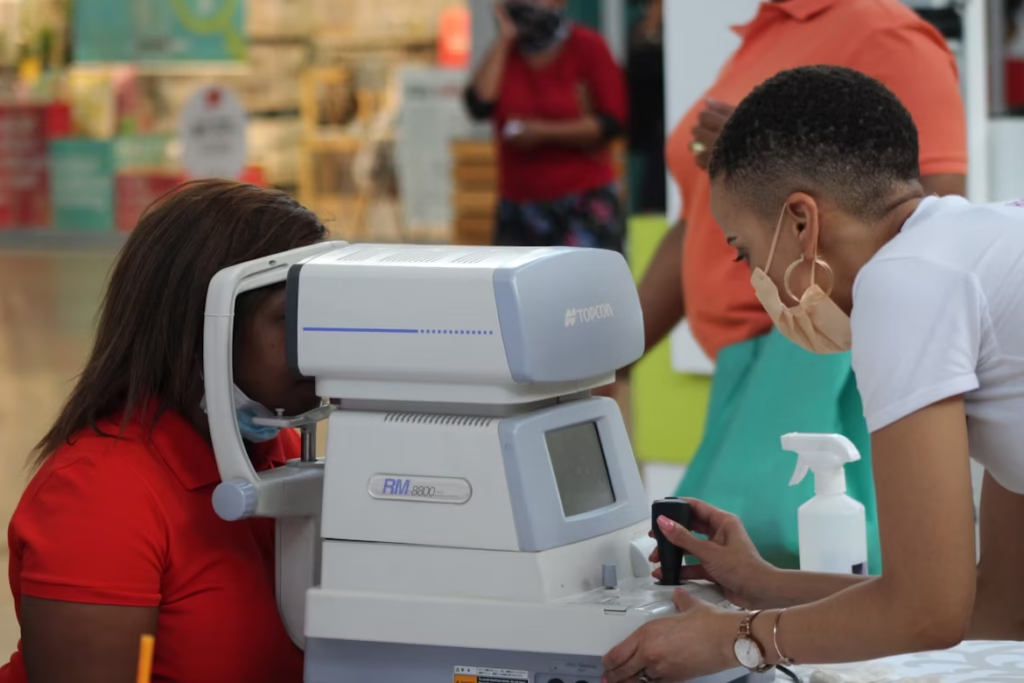January 4, 2025 — In a breakthrough that could revolutionize healthcare, a new wave of artificial intelligence (AI)-powered diagnostic tools is emerging, offering the potential to detect diseases earlier than ever before. These advanced AI systems, developed by leading health tech companies, are designed to analyze medical data—such as medical images, genetic information, and patient history—faster and more accurately than traditional methods, allowing for earlier intervention and more effective treatments.
One of the most promising applications of this technology is in the early detection of cancer. AI models have been trained to identify subtle patterns in medical images, such as mammograms, CT scans, and MRIs, that might be missed by human doctors. This ability to spot potential issues at an early stage gives patients a much higher chance of successful treatment and recovery. These AI systems use deep learning algorithms to recognize minute differences in tissue structure or cell abnormalities, flagging potential concerns for further examination by medical professionals.
Moreover, AI-powered tools are now capable of integrating and analyzing large sets of patient data, including genetic information, lifestyle factors, and family history. This combination of data helps AI systems predict a patient’s risk of developing chronic conditions such as heart disease, diabetes, or neurodegenerative disorders like Alzheimer’s. By evaluating patterns and correlations in the data, these systems can offer personalized risk assessments and even recommend preventive measures, such as lifestyle changes or targeted screenings.
The implications of these advancements are significant. Early disease detection has always been a cornerstone of effective healthcare, but it has traditionally relied on manual analysis and subjective judgment. AI’s ability to process vast amounts of information quickly and accurately means that physicians can act on early warning signs sooner, improving outcomes and reducing healthcare costs by preventing more severe complications later on.
In addition to improving diagnostic accuracy, AI systems are also reducing the burden on healthcare professionals. With AI performing preliminary analyses of test results, doctors can spend more time focusing on patient care and treatment plans, rather than sifting through hours of medical data. This shift allows for faster decision-making, reducing wait times for diagnoses and treatments.
The technology is also breaking new ground in telemedicine, where AI tools are being used to provide remote diagnostics and monitoring. Patients who might not otherwise have access to specialized healthcare can now use AI-powered platforms to upload medical images and receive preliminary assessments without needing to travel long distances or wait for in-person appointments. This democratization of healthcare has the potential to bring high-quality diagnostics to underserved populations, both in rural areas and developing countries.
Despite its promise, there are still challenges to overcome. Ensuring the accuracy and reliability of AI-powered systems is crucial, as incorrect diagnoses could have serious consequences. Privacy concerns are also top of mind, as the widespread use of patient data raises questions about security and consent. To address these concerns, regulatory bodies such as the FDA are already working to establish guidelines for the approval and oversight of AI healthcare technologies.
As we move further into 2025, AI-powered health diagnostics are likely to become a standard part of medical practice, offering both patients and healthcare providers a new toolkit for prevention, early detection, and personalized care. With the potential to transform how diseases are diagnosed and treated, AI is set to play an increasingly critical role in improving health outcomes worldwide, making healthcare more proactive, efficient, and accessible than ever before.
